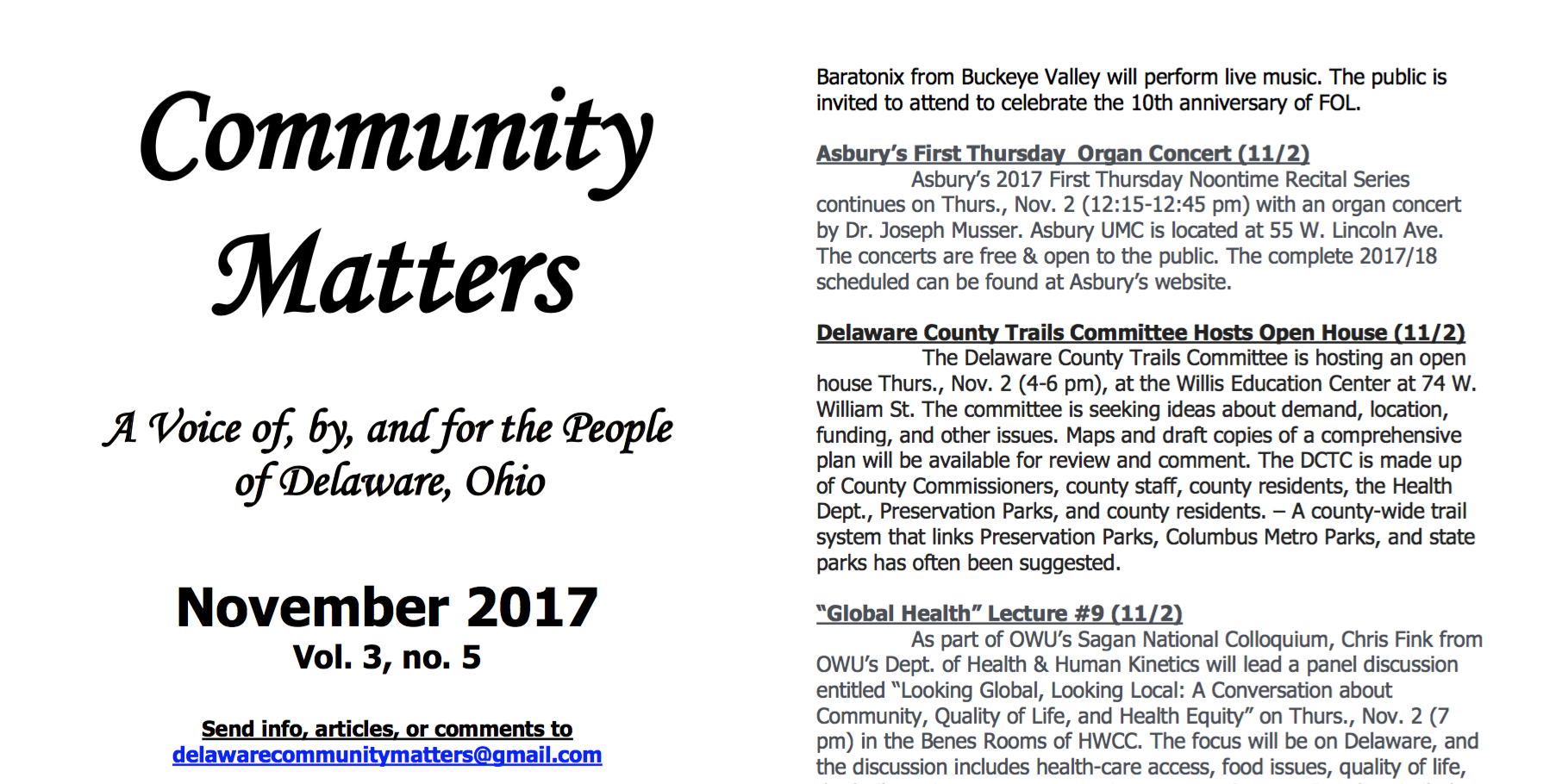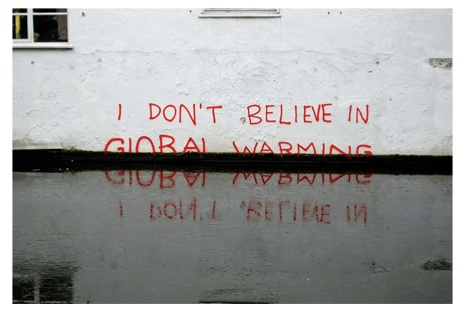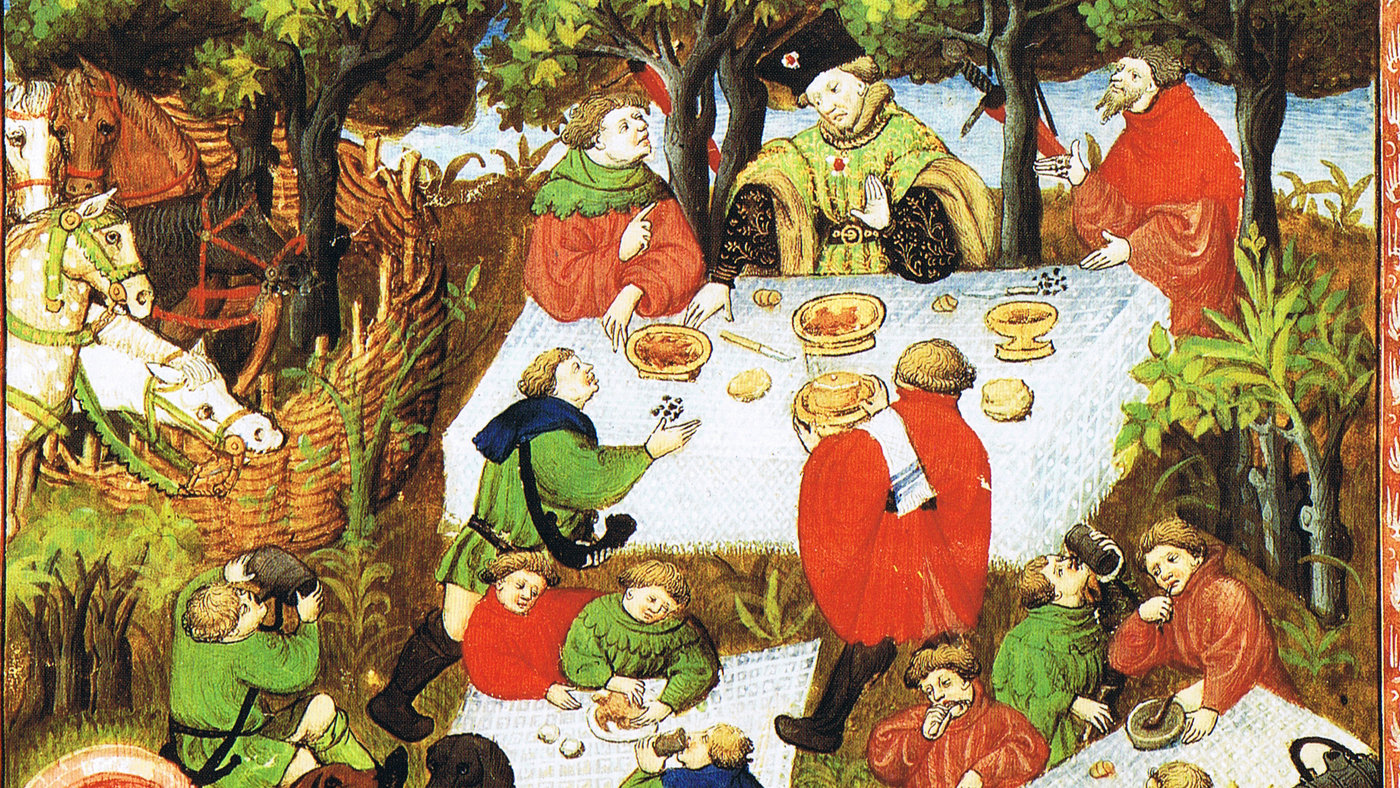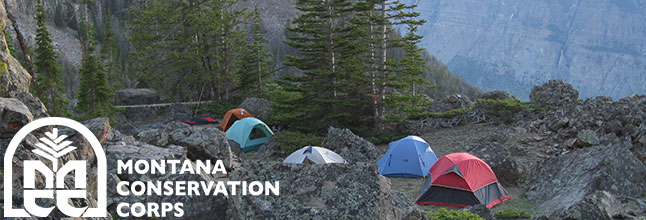
OWU Students,
This is a “How to get a Land Management Job for summer of 2018” i.e. work for the Forest Service or Park Service where the mountains are your office…
A little about me: My name’s Aaron McCown, I graduated from OWU in spring of 2011, and headed out to Montana to do a season with Montana Conservation Corps. I wanted an adventure and I got it. Within 2 weeks of leaving Delaware, OH, I was deep in the Northern Rockies. I spent the next 5 months in the Bob Marshall Wilderness that summer digging trails, swinging an ax, sawing logs with crosscut saws, and living in a tent – it was awesome. As much as I loved trail work, I saw the writing on the wall (thanks to my OWU education) and so I went off to the frontlines of climate change as a wildland firefighter the next summer, where I have been ever since. I’m currently a career employee on the Bitterroot National Forest and I really like my job:) Accordingly, I want to help current OWU students explore the world of Land Management via passing along some summer job opportunities, or rather, how to find those jobs and get them.
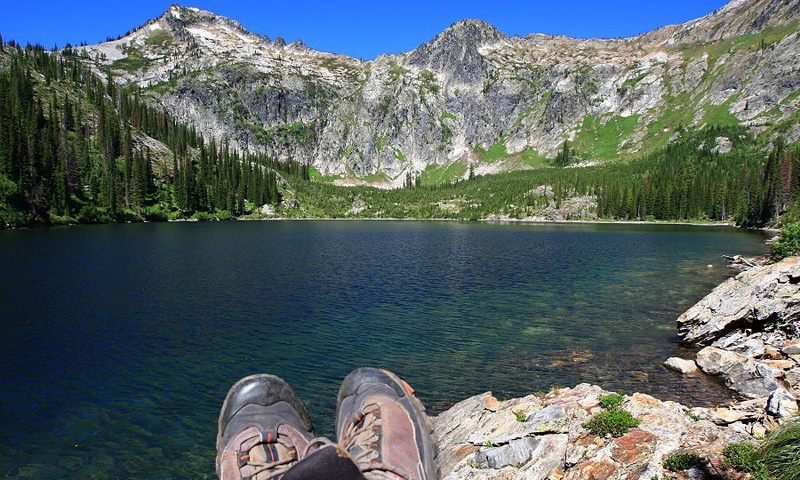
The vast public lands of the western US are managed by the US Forest Service, National Park Service, Bureau of Land Management, the US Fish and Wildlife Service, and numerous state agencies with help from a growing number of non-profit Americorps-funded Conservation Corps. Their workforce is mostly composed of temporary seasonal employees – in other words, the perfect summer jobs for college students!
What kind of jobs are there?
– trail maintenance
– maintaining and improving campgrounds
– marking timber for logging operations
– collecting data from field sites
– fighting wildfires
– spraying weeds
Admittedly, most of these entry-level jobs are fairly menial, but you will also use the skills you’ve learned at OWU. Reading maps, using GIS, measuring fuel samples (moisture content of vegetation), and inventorying the forest are all part of my regular duties. Also, this is the Federal Government we’re talking about and once you get your foot in the door, a nice benefits package including a pension, healthcare, matching retirement, etc does await you. So really, taking a job like this could be viewed as a decently paid internship.
On to the jobs…
Federal jobs are a little tricky to apply for. There is a certain dance you have to do. Right now, applying on time via USAJobs.gov is the most important step. Many seasonal jobs for the USFS in Idaho, Montana, and North Dakota are closing soon (on January 9th)! Most opportunities in the Southwest have already closed, because believe it or not, their field season is rapidly approaching! If I were you, I’d focus on Utah, Idaho, Montana, Wyoming, Oregon, and Washington. Those area’s field seasons run much more inline with your summer break away (mid-May through the fall, but student employees are common, so fret not!).
Step 1: What do you want to do? And where do you want to work?
You need to figure out roughly what you want to do (dig trail, inventory vegetation, spray weeds, fight fire, etc) and the associated job. You will likely only qualify as a GS-03 or GS-04 grade employee as a college student.
Most of these jobs are going to be called “Forestry Technician,” “Forestry Aid,” “Range Technician,” and “Range Aid.” So you need to get on USAJobs.gov and search those positions.
Also figure out where roughly you want to work, e.g. Colorado or the Northern Rockies or Yellowstone National Park, because later you will need to call those places and talk to the hiring official. Here’s a list of National Forests to get you started. https://www.fs.fed.us/recreation/map/state_list.shtml
Another option, is to use this website: https://fsoutreach.gdcii.com/Outreach
I’d recommend setting the search functions to: Opportunity > Temporary Appointment; Series > 0462 Forestry Technician; Grade > 03 or 04; and Within State > Utah/Idaho/Montana/North Dakota/Wyoming, etc
If you really want to go spend next summer working for the Land Management Agencies, I’d recommend applying to 30+ positions.
Step 2: USAJOBS.GOV
All Federal hiring goes through USAJobs.gov and it can be a real pain!
Your USAJobs application must be very thorough. Unlike many lines of work, the Feds want LONG RESUMES. Like pages and pages of info. Include very detailed accounts (e.g. several paragraph essays) of each job/work experience you’ve had. Also include any and all relevant skills and experiences including sports, outdoor hobbies, any 1st Aid/CPR training you’ve ever had, and relevant classes you’ve taken.
Also upload a short cover letter saying why you want to get a summer job in Land Management and include a short “normal” resume (and label it as such), which some hiring officials may prefer.
The reason for the excessively long USAJOB resume is that basically a computer screens it before any human. It’s a good idea to include “buzz words” and phrases from the description of the job to which you are applying.
When you’re done, make sure you application is actually submitted and it’s on time.
Step 3: Calling People – THE MOST IMPORTANT STEP
You need to call and talk to people at Yellowstone NP or wherever you want a job. Applying online is basically only a formality. You need to CALL the various parks/forests you’ve just applied to (use google & call the front desk) and ask to talk to the hiring person for trails/fire/weeds/range/timber/recreation. You can call before you submit an application, but again, time is ticking for the 2018 field season!
Just call the front desk and ask for whoever does the hiring for “fire” or “trails” or “weeds” or “recreation.”
Have a few lines rehearsed about why you want the job and why youre worth hiring. Ask questions about their program, the local area, what you’d be doing if you got hired, if they have housing, when you’d start work. Hiring officials keep “score” of who called, when, and how good they sounded. You can leave a message and hiring officials will usually call you back.
Have a resume ready to email them and offer to do so.
It also helps to keep a spreadsheet or at least notes of all the places you’ve called, and who you talked to, etc
Step 4: Await your fate…
Although the Fed’s are currently taking applications, it might be a few months before they tell anyone that they have a job. Basically, your application is going to go into a massive system and it will take weeks of screening before it gets to those hiring officials who you need to call. Once it gets to them via a Referral List, they can then choose who they hire. So you need to make the list and call those folks they choose your name off the list.
Step 5: Managing job offers.
Come late February/March/April, you’ll start hearing back from those folks who you called… Here’s my advice:
* Accept your 1st offer no matter what.
* Accept all subsequent offers that you are interested in.
* Finally, go with the offer that you’re most interested in and call everyone else and tell them that you’ve taken a different job. It’s no skin off their back and you will not be black listed.
Final advice… Getting your foot in the door is important, but this is temporary seasonal work… there’s always next summer. It took me 3 years to get a job with the USFS Forest Service. I’m from the East Coast and was hired for my 1st firefighter job in Idaho while vacationing in Costa Rica. Yup, I was calling back to the US and begging for jobs on the beach and it worked out just fine. Did my hiring packet in a computer in Nicaragua…
But if you don’t get a job with the Feds this year, there’s always Americorps.
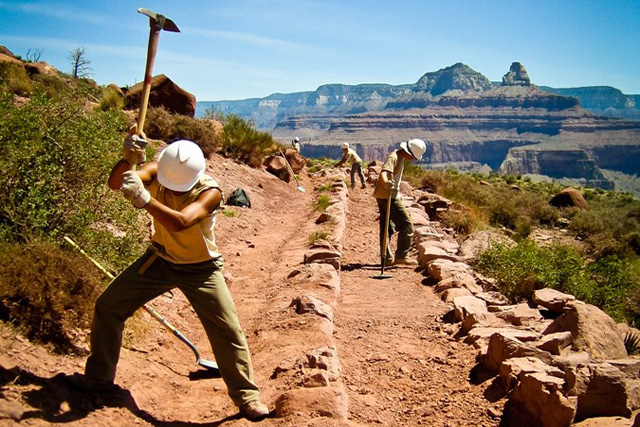
Americorps Conservation Corps
I’m not going to go into nearly as much detail with the Conservation Corps, as each one is different and their websites and application processes are much more straight forward. Basically, they are all modern day spin-offs of the Civilian Conservation Corps from the New Deal, but nowadays they’re all non-profit corporations that get funding through Americorps (which is a big Federal fund of money) so long as they meet certain criteria.
Admittedly, the pay with Conservation Corps is much less, as these are truly internship, but they are VERY FUN experiences. You will make some great friends and build a solid resume if a career in Land Management truly interests you. I’ve worked for both Montana Conservation Corps and Arizona Conservation Corps (formerly Southwest CC). Both were great organizations and I have nothing but good things to say about them. Anyhoo, here’s a brief list for ya:
Arizona Conservation Corps
California Conservation Corps
Montana Conservation Corps
Northwest Youth Corps
(^ just Google these, I’m not gonna bother with links)
There are definitely more out there, I believe Vermont has one, but again, these organizations are much easier to find and apply to online. There’s not quite the dance as there is with the Feds.
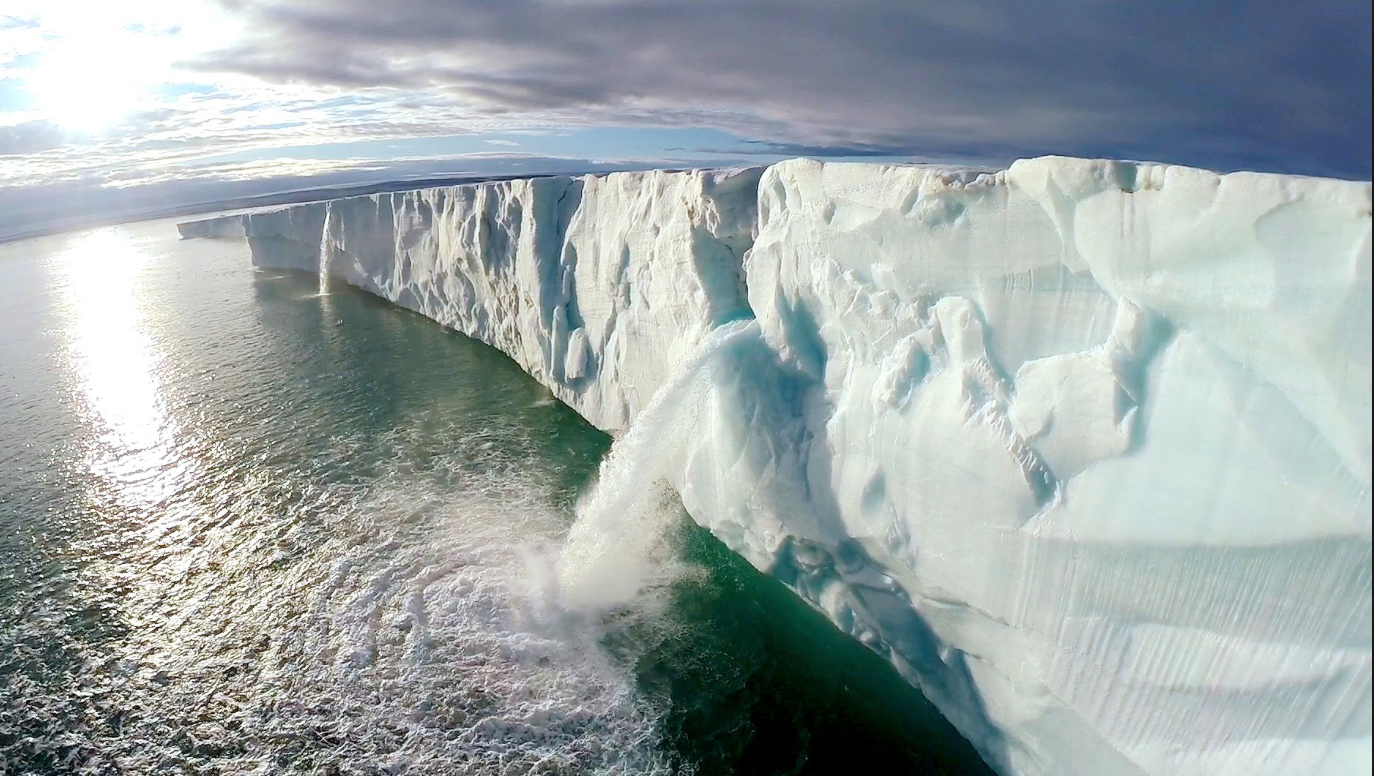
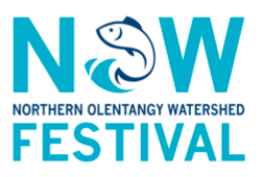 Since 2014, the City of Delaware has organized the
Since 2014, the City of Delaware has organized the  Rain barrels have become increasingly popular. As a community, we can increase this popularity by making them more visually appealing. Businesses, organizations, and individuals have the opportunity to fund a rain barrel with an installation kit for $34. The cost includes sanding, washing, and priming each barrel before it is given for painting. The barrels can be both sponsored and painted by the same entity, or a request can be made for a local art class to paint it. These barrels will be raffled off at the NOW Festival on June 16th at Mingo Park and proceeds will go to help support the Upper Olentangy River Watershed.
Rain barrels have become increasingly popular. As a community, we can increase this popularity by making them more visually appealing. Businesses, organizations, and individuals have the opportunity to fund a rain barrel with an installation kit for $34. The cost includes sanding, washing, and priming each barrel before it is given for painting. The barrels can be both sponsored and painted by the same entity, or a request can be made for a local art class to paint it. These barrels will be raffled off at the NOW Festival on June 16th at Mingo Park and proceeds will go to help support the Upper Olentangy River Watershed.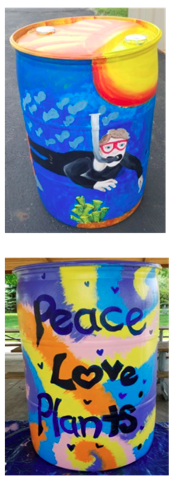 All painted barrels will need to be delivered to the City of Delaware’s Wastewater Treatment Plant Facility (225 Cherry St., Delaware, OH) before 4:00 p.m. on Wednesday, June 13th.
All painted barrels will need to be delivered to the City of Delaware’s Wastewater Treatment Plant Facility (225 Cherry St., Delaware, OH) before 4:00 p.m. on Wednesday, June 13th.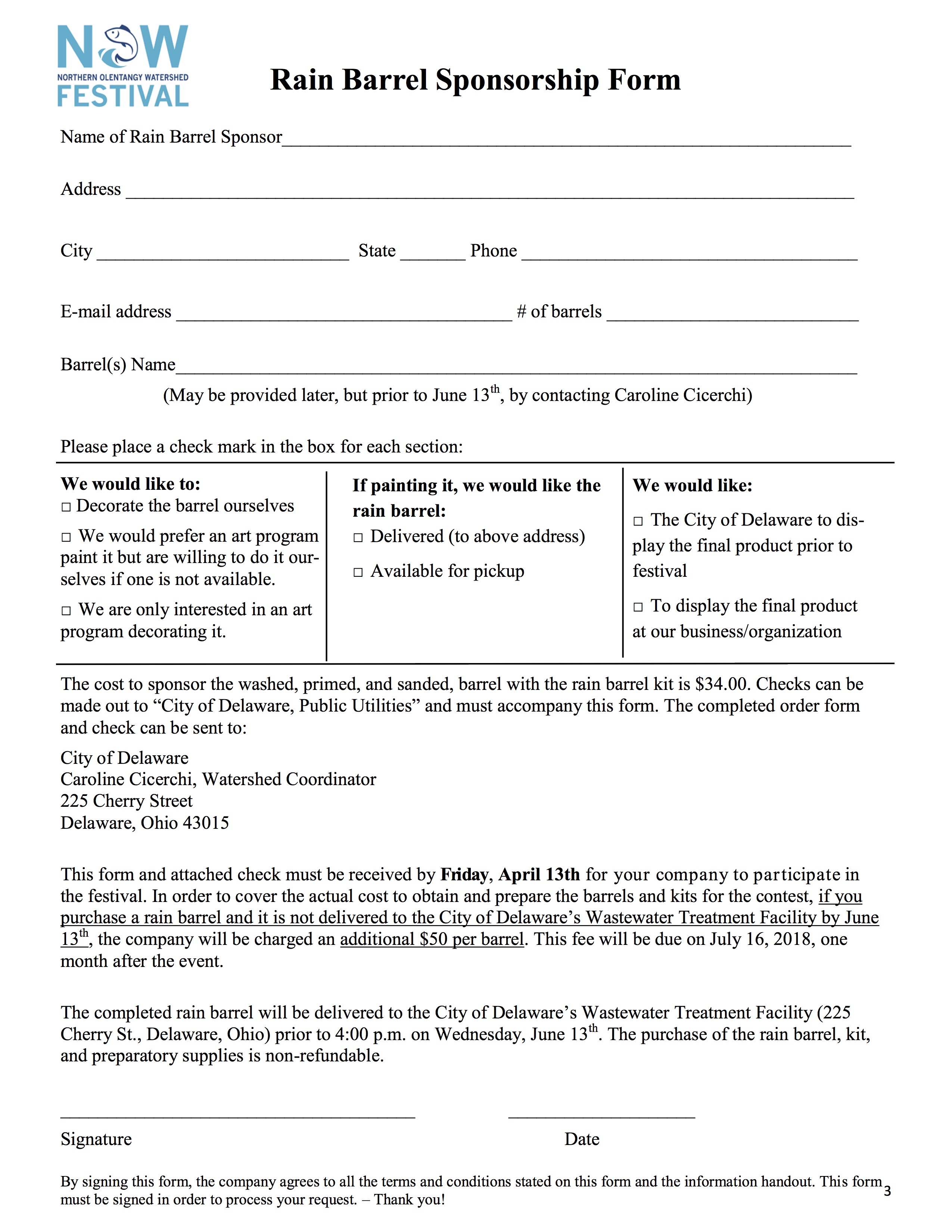
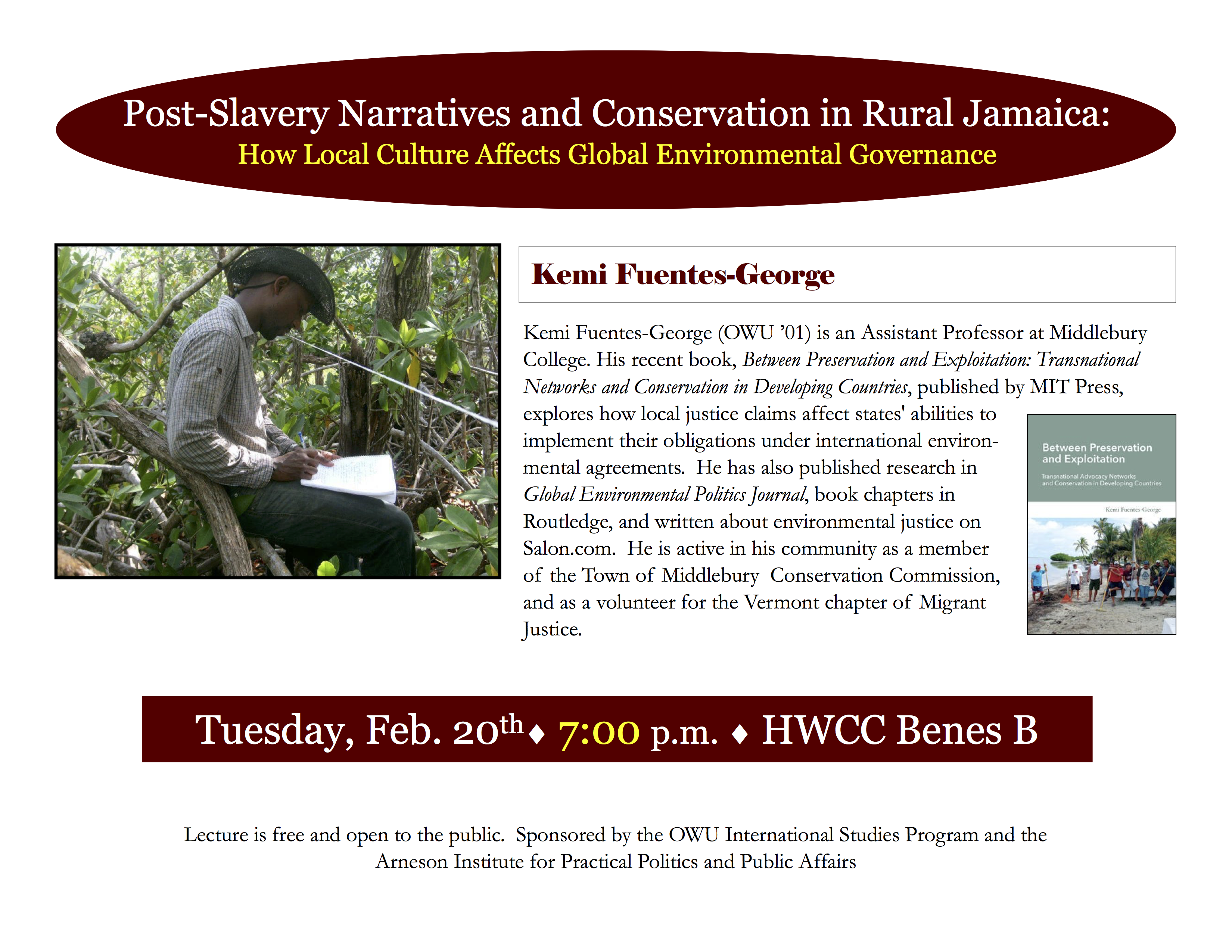
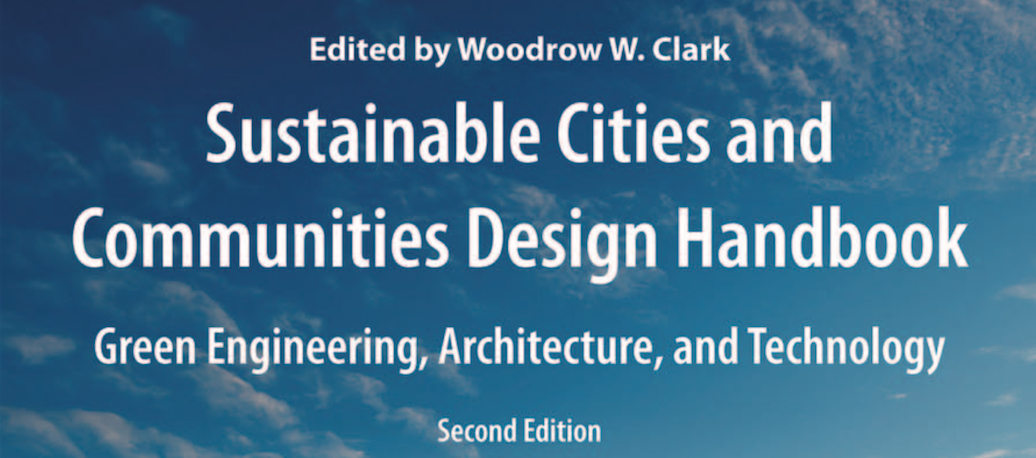
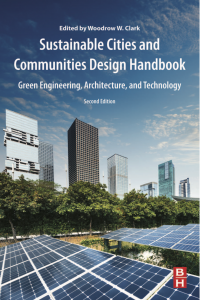 Woodrow (Woody) Clark is an OWU alumnus (’67) long involved with environmental and sustainability efforts. The second edition of his Sustainable Cities and Communities Design Handbook (December 2017 info
Woodrow (Woody) Clark is an OWU alumnus (’67) long involved with environmental and sustainability efforts. The second edition of his Sustainable Cities and Communities Design Handbook (December 2017 info 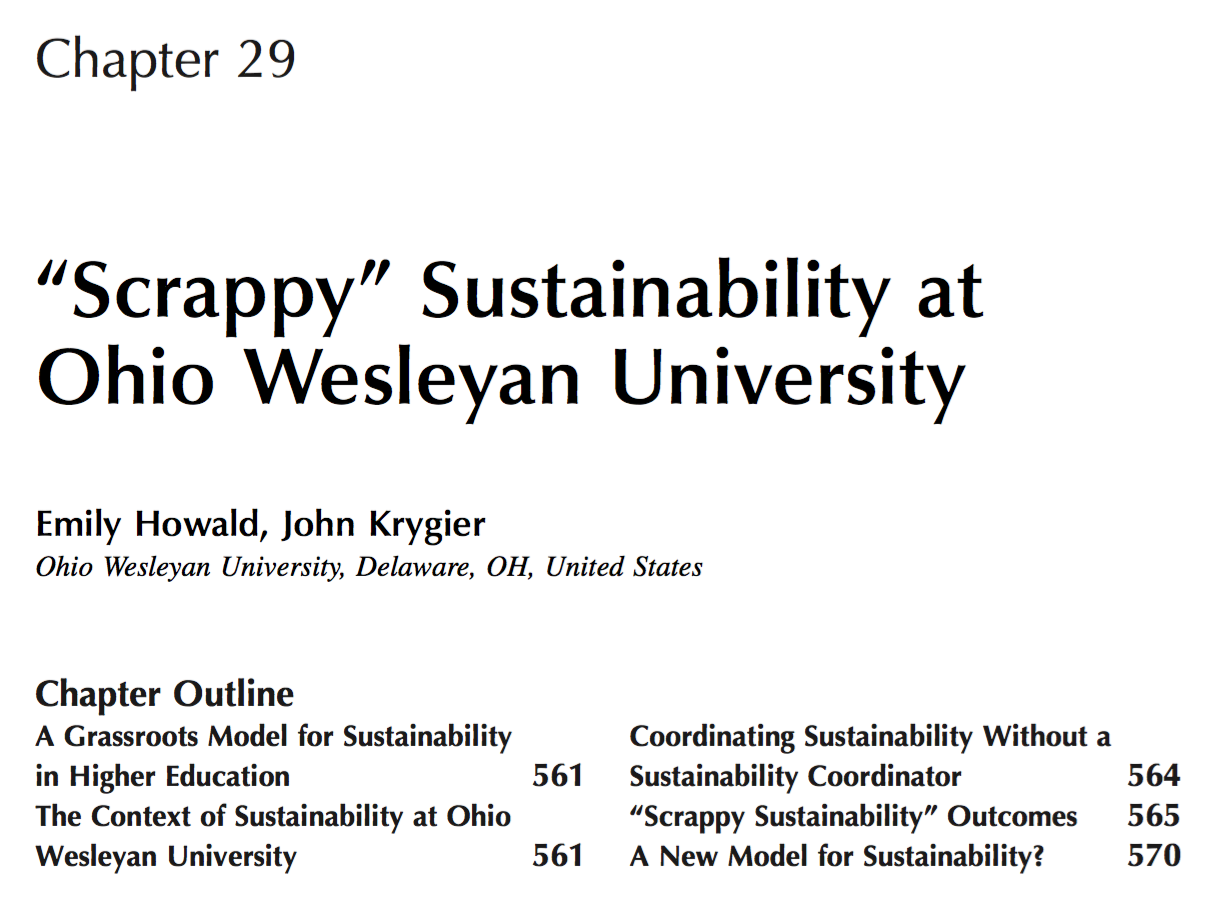
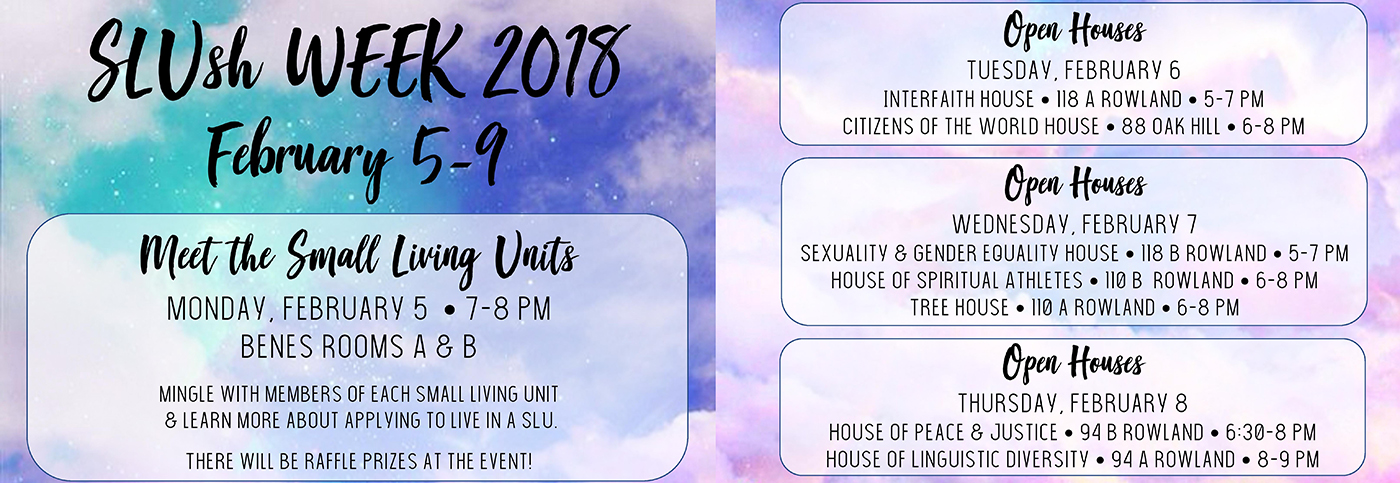
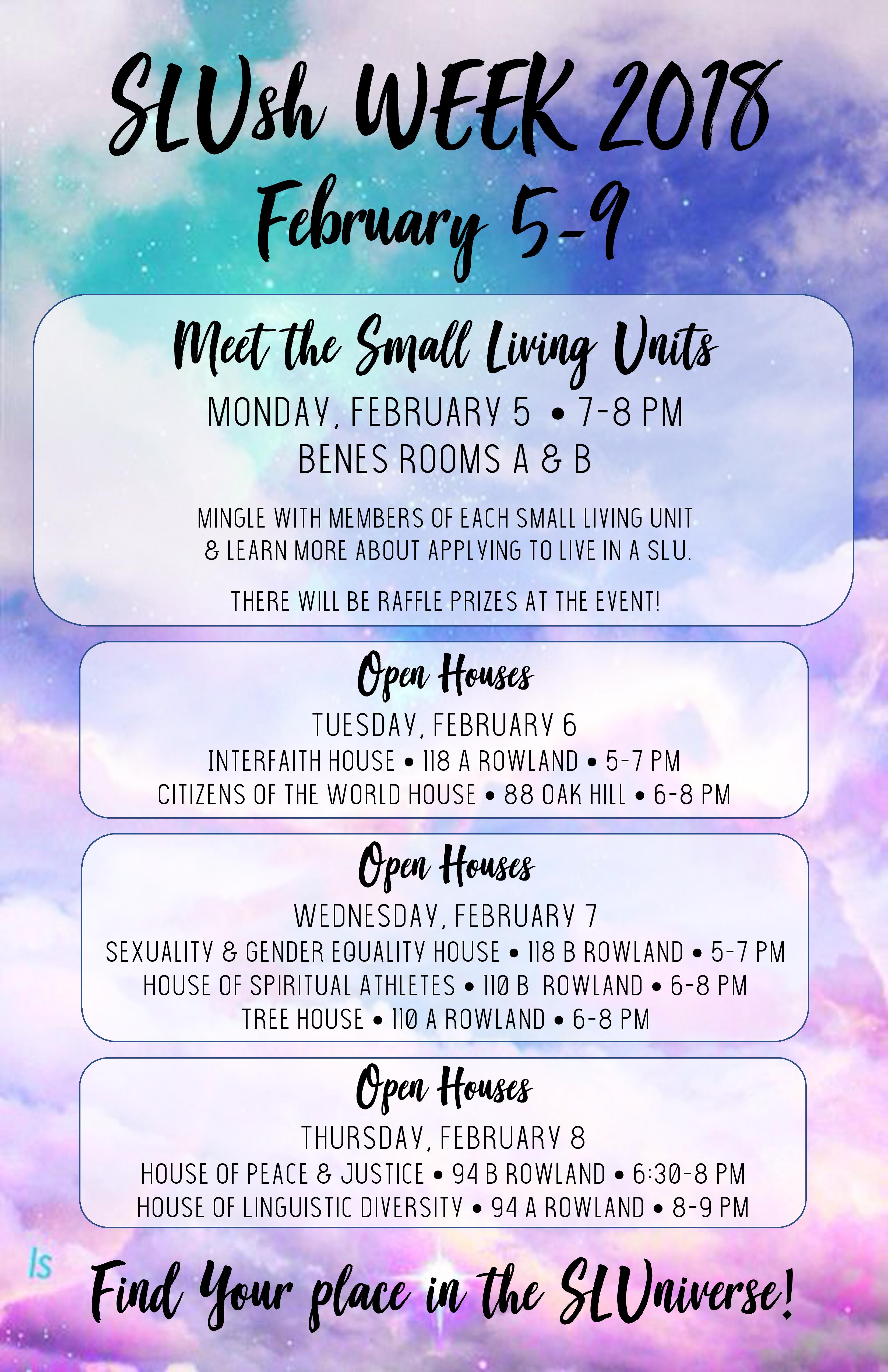



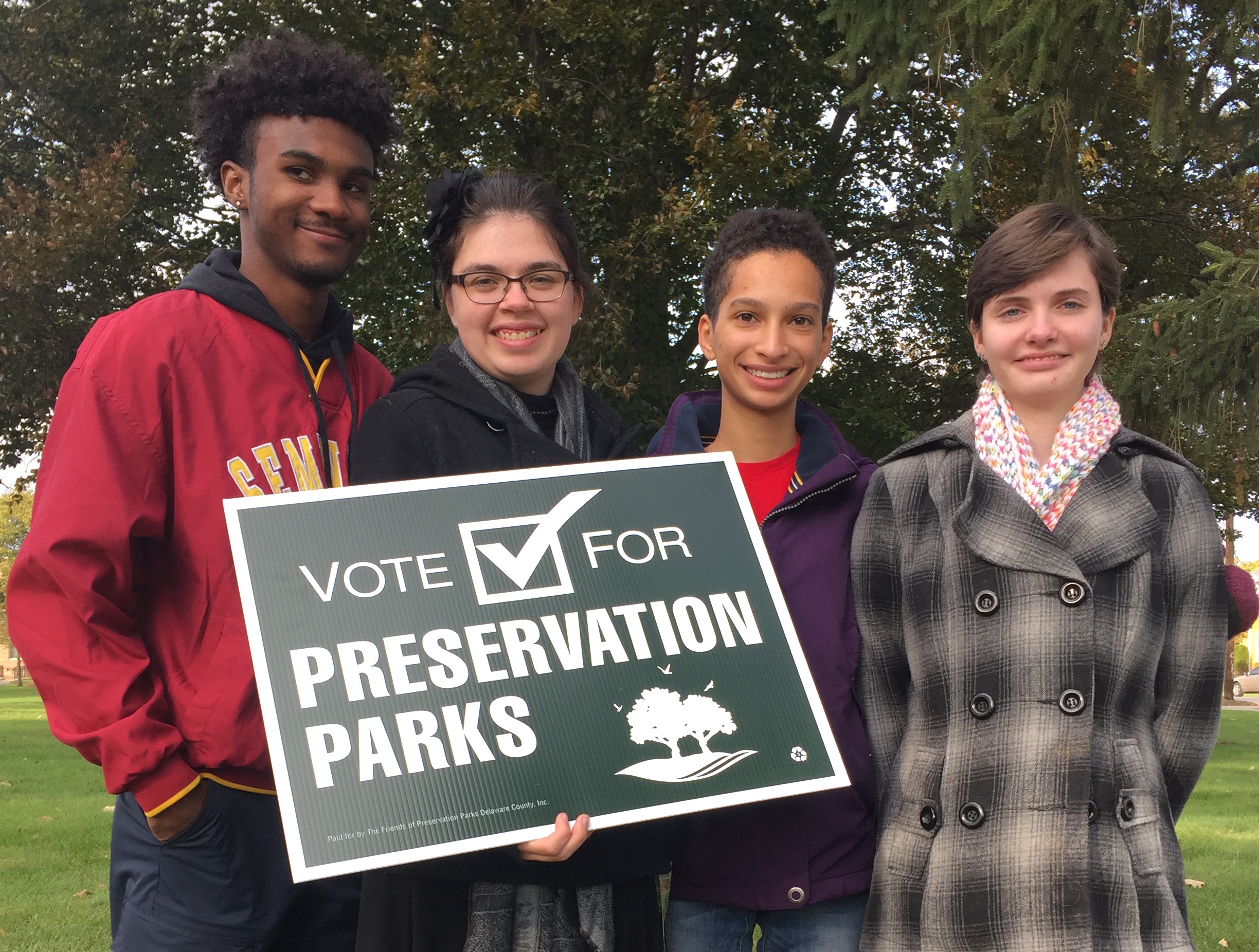
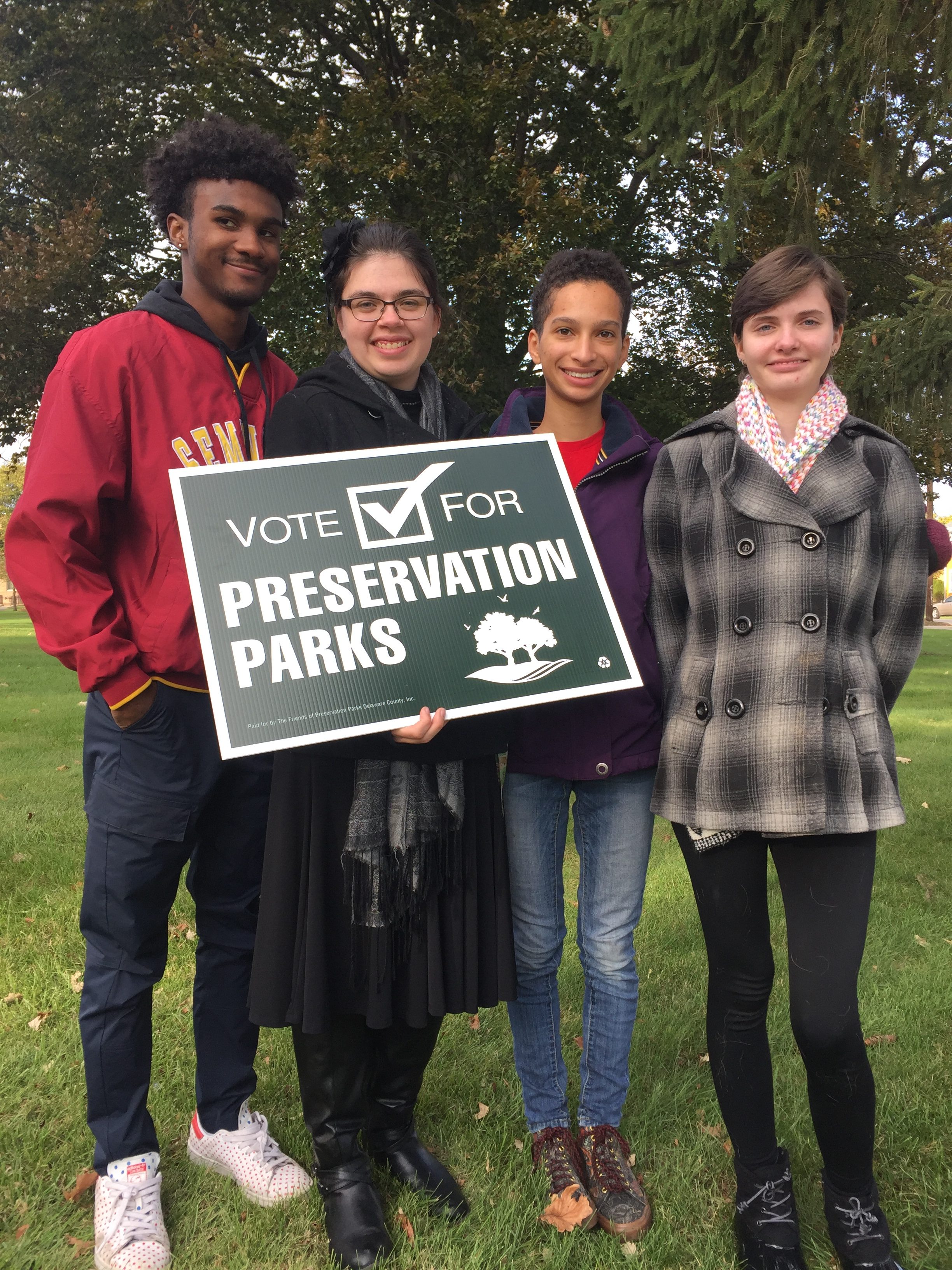 Ohio Wesleyan University students, who are also Environmental Studies majors and members of our campus Environment and Wildlife Club, volunteered to go door to door in the city of Delaware promoting a levy on the November 7, 2017 ballot to fund our Delaware Preservation Parks system.
Ohio Wesleyan University students, who are also Environmental Studies majors and members of our campus Environment and Wildlife Club, volunteered to go door to door in the city of Delaware promoting a levy on the November 7, 2017 ballot to fund our Delaware Preservation Parks system.